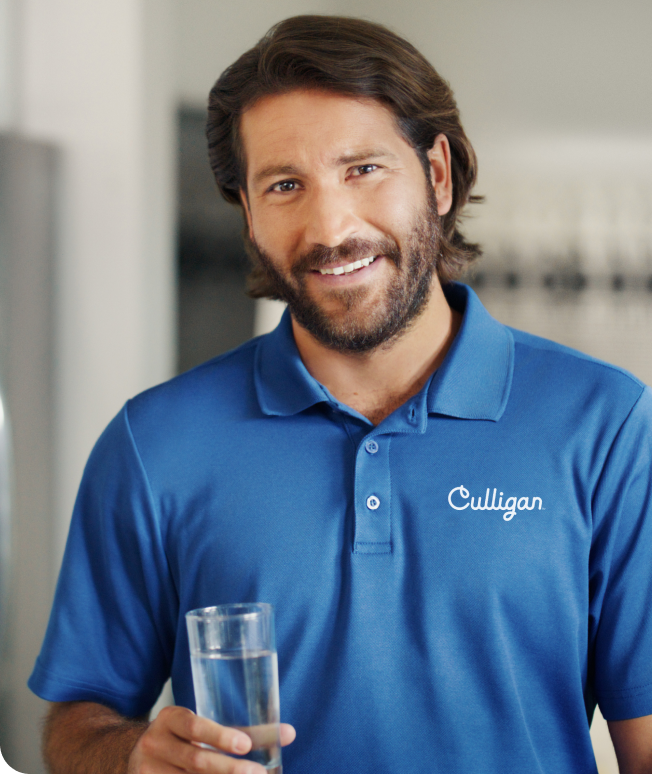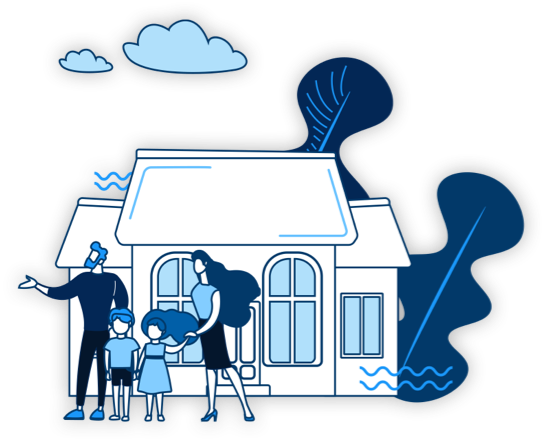Flint, MI Water Crisis

We’re dedicated to helping the people of Flint access safe water, quickly. Find a summary of events and resources for help if you’re affected by the situation, or would like to help those in the midst of it.
The Situation in Flint
In April 2014, the city of Flint, MI stopped sourcing its water from Lake Huron and began instead using water from the Flint River in an attempt to save money. Historically known for its contamination, the river water would be problem enough, but potentially dangerous levels of lead have also leached into the supply. About half of Flint’s water supply is thought to be contaminated by lead at present.
Signs Your Water May Be Contaminated:
Residents of Flint, MI and surrounding Genesee County are most likely to be at risk from contaminated water. If you’re unsure about the water where you live, look for the following signs that your water has problems:
- Appearance – Water has a brown or reddish tint; water has started staining sinks and fixtures.
- Odor – Water smells dirty, metallic, or has any noticeable odor.
- Taste – Water tastes metallic, dirty, or “off” in any way.
If you have any concerns about your water, stop drinking and using all tap water immediately and contact your local water utility. If you have a home water filter, that may offer some protection, but we recommend contacting your local Culligan Man to collect a sample and have it lab-tested.
The Response
Culligan International, along with Culligan of Flint, joined relief efforts to help get residents safe drinking water. So far, they’ve donated two truckloads of bottled water and 1,000 faucet-mount filters. In collaboration with United Way, Culligan of Flint is distributing bottled water at local schools and through United Way distribution centers. Federal support began arriving after President Obama declared a State of Emergency on January 16, 2016, authorizing the federal distribution of disaster relief efforts. The Federal Emergency Management Agency (FEMA) has been ordered to, and is in the process of, delivering filtered water, water test kits, and other filtering supplies to residents.
Managing Water in and Around the Area
Do not drink or use the water if you live in or around Genesee County. This extends to cooking with the water, using it in beverages and ice, and washing with it. Officials also recommend avoiding bathing or showering with the city’s tap water.
Visit the Flint Water Information Center to find out where you can get clean water for drinking and showering, water testing kits, filtration supplies, and other resources for dealing with contaminated tap water. FEMA will be able to provide water testing kits and resources to help you determine whether or not you need to be relying on bottled water.
How You Can Help
Culligan Cares, The Red Cross, and United Way, among other organizations, are supporting relief efforts as FEMA manages the situation. Donations to these organizations will support and expedite the process:
- Culligan Cares
- United Way
- Flint Water Fund
- Flint Community Foundation
- Catholic Charities of Genesee County
- The American Red Cross
Stay tuned, as we’ll continue to monitor this situation and provide updates as they become available.




